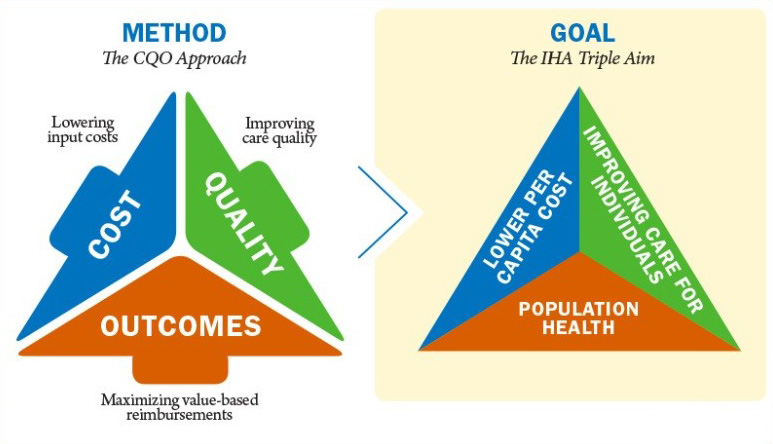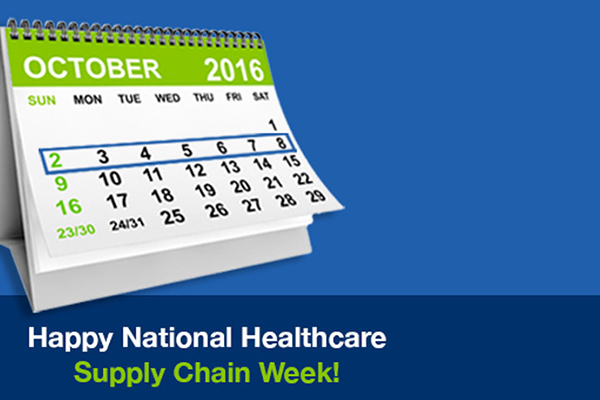We have officially entered the patient-centered era in healthcare. The many initiatives introduced through the Affordable Care Act have been designed to encourage this shift from more services to better care. However, this change, while positive’brings many challenges. Health systems are being graded on their ability to reduce readmissions and infection rates, and increase patient satisfaction, all while lowering costs.
To successfully meet these demands, health-system leaders need to find creative ways to inspire multi-disciplinary groups to work together to weigh the total cost of hospital inputs with the impact they have on care quality and financial outcomes (otherwise known as CQO). The supply chain, already focused on controlling costs and increasing efficiency, is particularly well suited to lead initiatives that incorporate CQO in a health system.
Through my involvement in the creation of the CQO Movement, Nexera has long guided our clients in how to empower their supply chain teams to use the CQO approach to break down hospital silos, enhance value-based product selection, and improve processes. CQO doesn’t look for the lowest priced product but rather the best value. In other words, it creates a process through the supply chain to achieve the Triple Aim. The CQO methodology makes the best decisions so that patient outcomes improve over time and reimbursements are maximized.

When CQO initiatives are successfully implemented, the supply chain becomes inimitable in its ability to impact healthcare positively. As I have often said, supply chain professionals are no longer the order-taking box-pushers of yesterday. The work that the supply chain does, when carried out strategically, positively impacts patients’ lives through the quality of care they receive.
Still, many value-based purchasing discussions remain focused on quality, coding, and the operational changes that clinical professionals need to make in order to reduce readmissions. While these clinical changes are vitally necessary, we need to be careful that we aren’t leaving stakeholders who are equally important out of the conversation. If we truly want to improve each episode of care, we need to identify new analytic approaches that measure the effect that products have on clinical and financial outcomes. To do this, supply chain must have a seat at the table.
The Association for Healthcare Resource & Materials Management (AHRMM) dedicates one week every October to recognizing the contributions of supply chain professionals. This year, National Supply Chain Week is being celebrated October 2nd. This is a perfect time to advance the conversation and educate others about the pivotal role supply chain plays in helping organizations meet value-based demands and thrive amid industry changes. In honor of National Supply Chain Week, I offer my sincere gratitude to all supply chain professionals for the work they do in leading change and advancing healthcare. Nexera will continue to do our part in driving the strategic advancement of this profession.

Nexera President Christopher O’Connor is a Fellow and is a Past Chair of the Association for Healthcare Resource & Materials Management. Nexera is honored to be an official sponsor of the Association for Healthcare Resource and Materials Management CQO Movement.



Comments are closed.